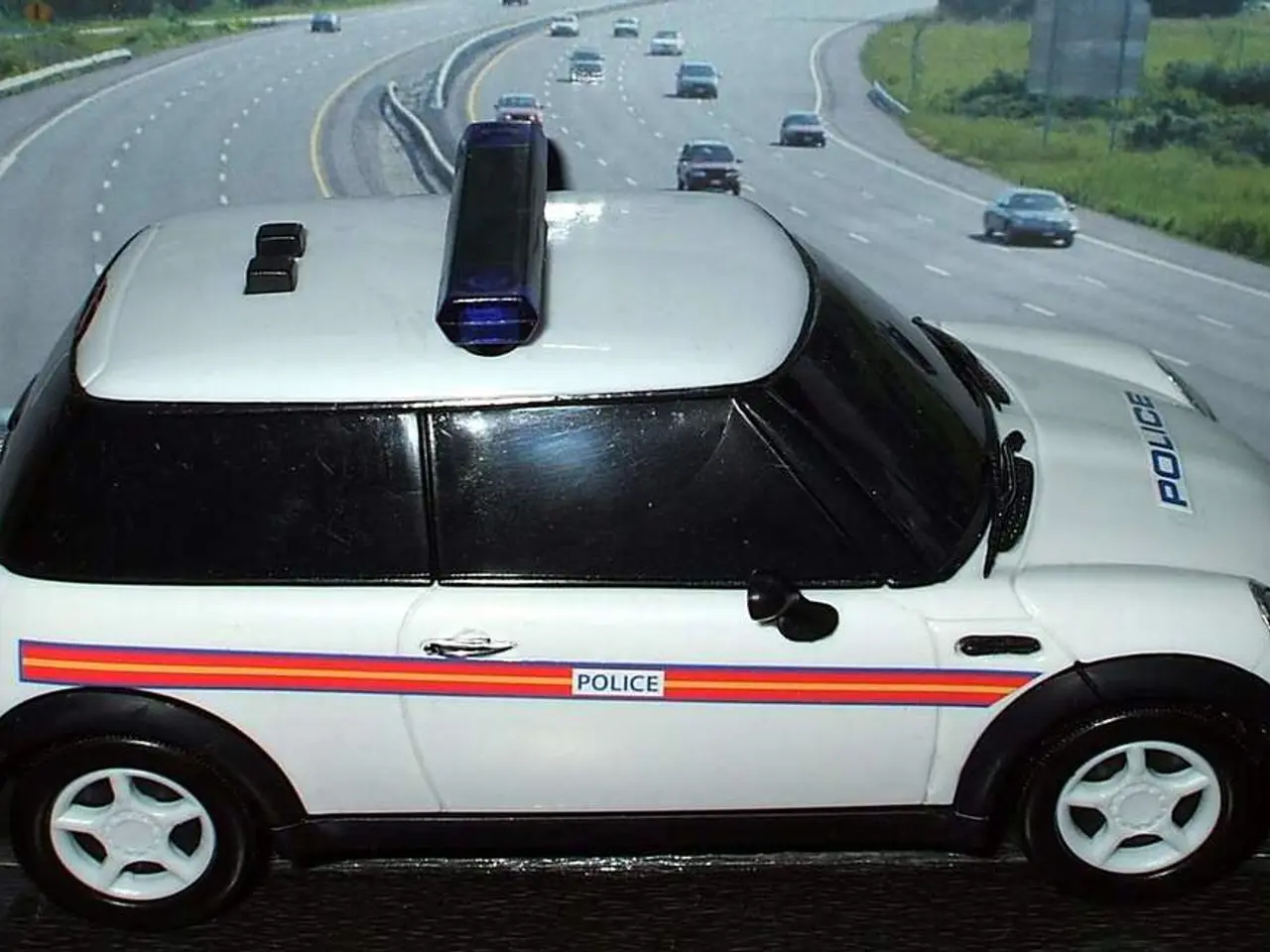Keir Starmer, the Sir, denies labeling shoplifters as 'scum', according to information from No. 10, amidst the controversy surrounding a 'data protection' issue
In the face of rising retail theft across the UK, a growing concern among both retailers and authorities is the issue of shoplifting. Labour MP Alex Davies-Jones admitted that shoplifting has "got out of hand," while Shadow justice secretary Robert Jenrick called the advice of the Information Commissioner's Office (ICO) regarding shoplifting "madness."
Amidst this escalating problem, major UK retailers are steering clear of publicly shaming shoplifters. The British Retail Consortium (BRC) emphasizes the seriousness of the issue and supports the government's Crime and Policing Bill, which aims to remove the perceived immunity for shoplifting goods under £200 and create stronger penalties, including a new offence for assaulting retail workers.
Retailers express concern about serious and organized retail crime but prefer solutions that reinforce policing powers and court sentencing rather than public shaming, which could conflict with data protection regulations and risk wrongful accusations or legal challenges. Instead, they focus on adopting preventative measures such as reorganizing product placement and investing in security to reduce theft.
The Crime and Policing Bill enables shops and courts to take firmer action by imposing criminal behaviour orders and longer sentences without relying on informal deterrents like public shaming. There is no indication from major retailers or government bodies that they support posting shoplifters’ images or identities publicly, as privacy and data protection rules make this legally and ethically complex.
The number of shoplifting incidents in pharmacies and chemists across England has been described as both "unacceptable" and "appalling." In the past year, around nine in ten pharmacies experienced an incident of shoplifting. Brazen thieves have been witnessed burning, cutting, and even sewing through "steel grilles" to access drug stock. Moreover, 22% of the surveyed pharmacies in England recounted instances of physical assault, with 87% reporting an increase in aggressive or intimidating behavior towards staff.
Despite the escalating issue, government bodies and authorities have been clear in their stance against public shaming. The ICO warned that shaming shoplifting suspects could "breach data protection" laws. Several pharmacy owners have resorted to putting up photos of thieves in their shop windows, but this practice remains controversial and potentially illegal.
In Wrexham, shopkeeper Rob Davies put up a sign calling shoplifters "scumbags" after losing £200 of stock to shoplifting. The police visited his shop, considering the sign provocative and potentially offensive. However, Mr. Davies received overwhelming support from fellow shopkeepers. Another pharmacy owner, Ashley Cowen, described the lack of police action on the issue as "shocking." Sir Keir Starmer, on the other hand, would not call shoplifters "scumbags."
In the face of these challenges, UK retailers and authorities are working together to pursue more formal legal deterrents. The focus is on legislative reforms and increased policing to tackle shop theft more effectively through lawful channels rather than public exposure.
Read also:
- Court petitions to reverse established decision on same-sex marriage legalization
- Trump's enforcement actions in Washington D.C.: Insights from the political arena
- Chinese Ambassador issues stern message to India regarding Trump's tariffs in midst of escalating trade feuds
- Aircraft collides with another one on the runway during landing at Montana airport, igniting flames





